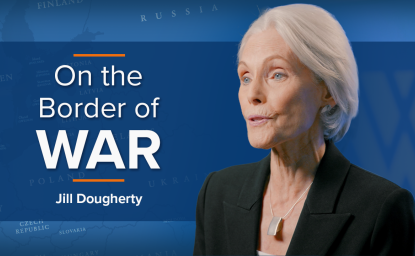Counterterrorism in the Obama Administration: Tactics and Strategy
Daniel Benjamin, Coordinator for Counterterrorism for the U.S. State Department, outlined the Obama administration's two-pronged counterterrorism strategy at an April 2 discussion co-sponsored by the Wilson Center's International Security Studies and Middle East Program, and Georgetown University's Center for Peace and Security Studies.


